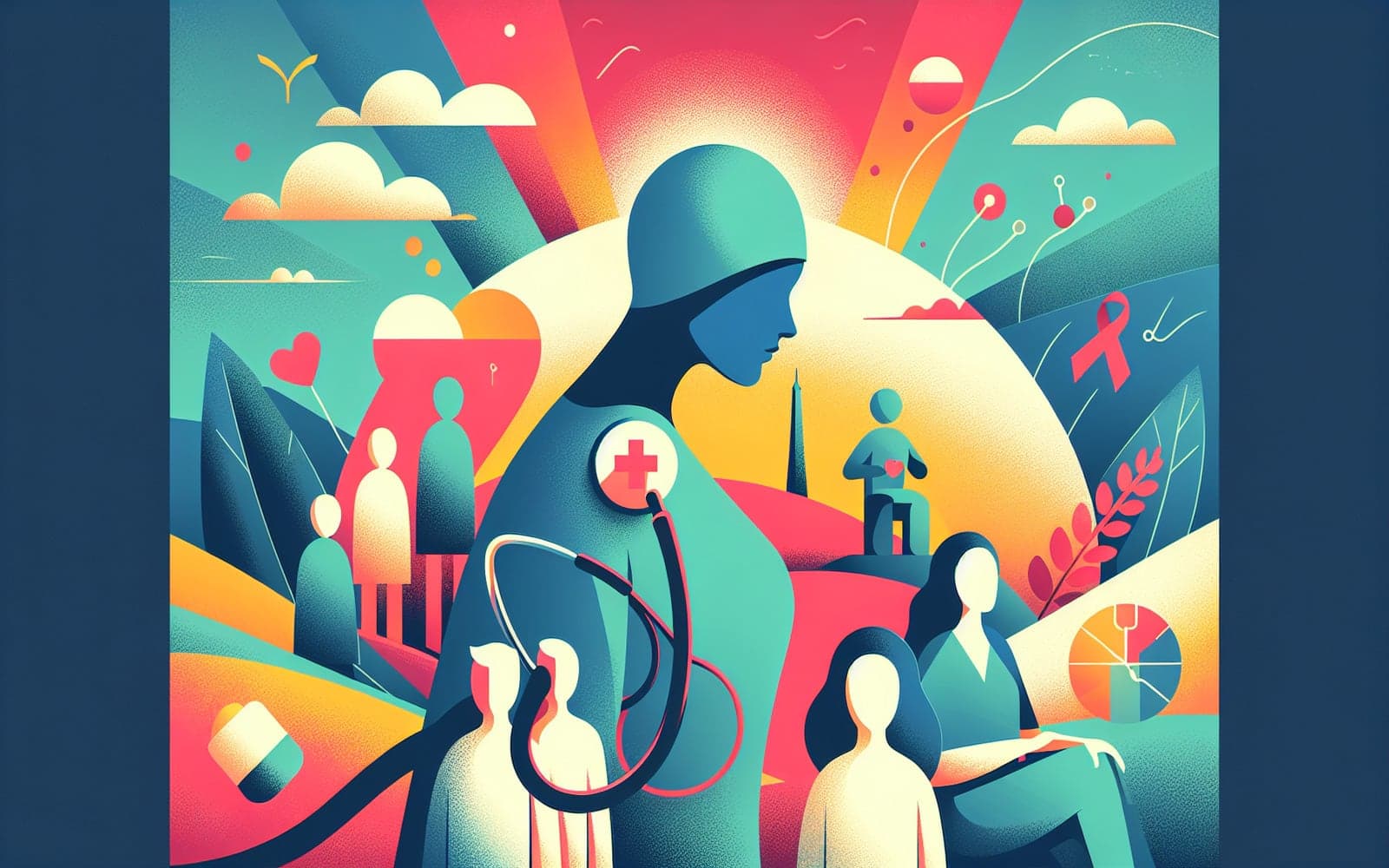Are You at Risk? Identifying Blood Clot Danger in Cancer Patients
Published: May 19, 2024
Not all cancer patients face the same risk of developing blood clots. Understanding your personal risk factors can help you and your medical team take appropriate preventive measures.
Contents
Cancer-Related Risk Factors
The type and stage of cancer play a significant role in blood clot risk. Pancreatic, brain, and stomach cancers are associated with higher risks. Advanced or metastatic cancers also increase the likelihood of clots. The first year after diagnosis is a particularly high-risk period for most cancer types.
Treatment-Related Risks
Certain cancer treatments can elevate blood clot risk. Chemotherapy, especially platinum-based drugs, is a known risk factor. Some targeted therapies and hormonal treatments also increase risk. Major surgery, especially abdominal or pelvic procedures, significantly raises clot risk in the weeks following the operation.

Patient-Specific Factors
Individual characteristics can further influence clot risk. Older age, obesity, and a history of blood clots are important factors. Immobility, such as being bedridden or during long flights, increases risk. Certain inherited blood disorders can also make you more prone to clots. Discuss these factors with your doctor to get a complete risk assessment.
Frequently Asked Questions
Surprisingly, smoking doesn't significantly increase risk in cancer patients.
Yes, hospitalization greatly increases clot risk for cancer patients.
Some tests like D-dimer can help, but aren't definitive alone.
No, some types carry higher risk than others.
Key Takeaways
Understanding your personal risk factors empowers you to take proactive steps in preventing blood clots.
Talk to Doctronic about assessing your individual blood clot risk and creating a personalized prevention plan.Related Articles
References
Khorana AA, et al. Development and validation of a predictive model for chemotherapy-associated thrombosis. Blood 2008; 111:4902.
Pabinger I, et al. Biomarkers for prediction of venous thromboembolism in cancer. Blood 2013; 122:2011.
Always discuss health information with your healthcare provider.

